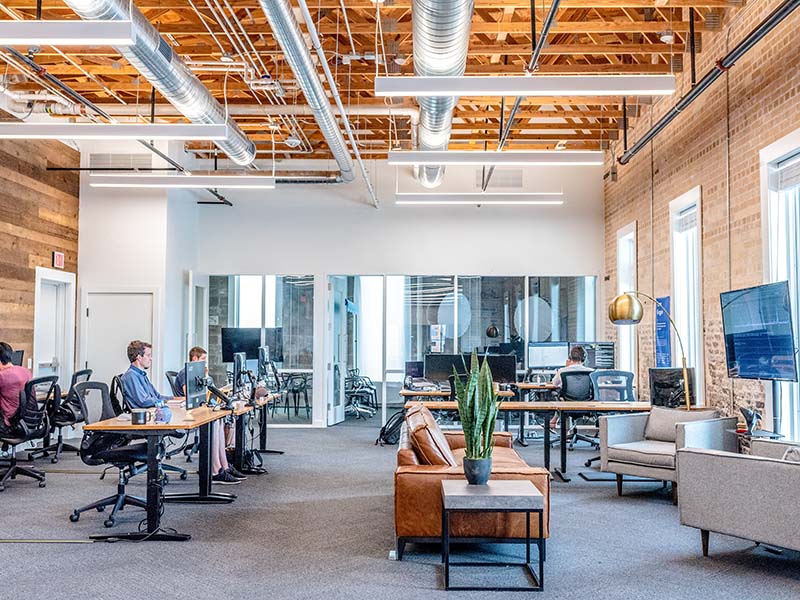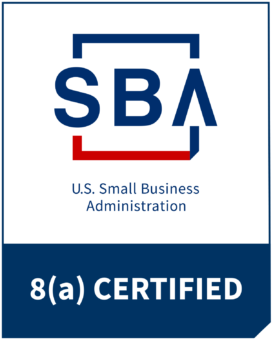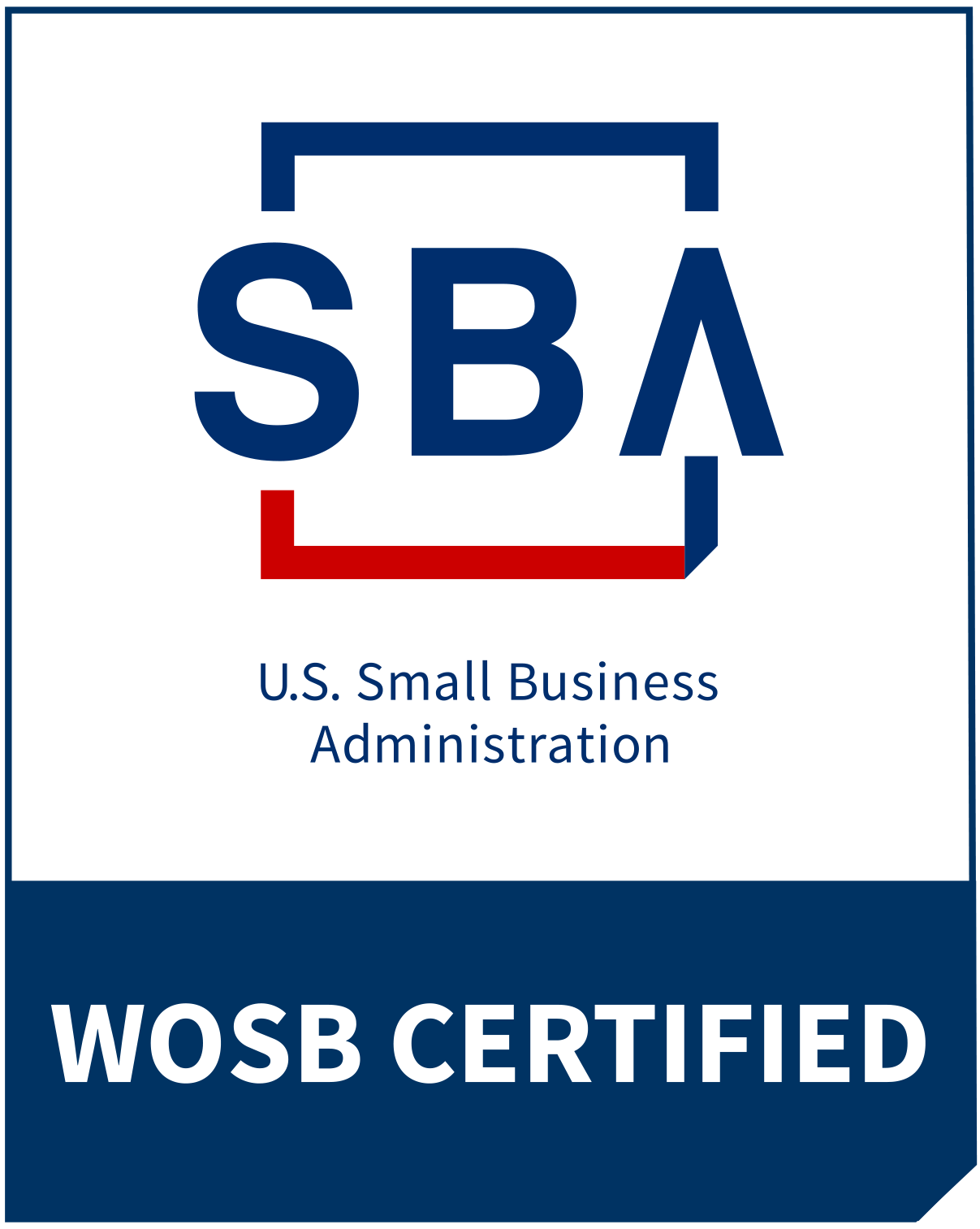
Does your office get hot in the summer, or does the temperature vary from room to room? Is your air conditioner running all the time, increasing your utility bills? If so, it’s time to examine the energy efficiency of your HVAC system.
At DDI Southeast, we talk a lot about energy efficiency – using less energy to get the same job done. For your HVAC unit, this means making sure the system is effectively cooling your office space while keeping its energy consumption at a minimum.
Here are four ways to increase the energy efficiency of a commercial HVAC system.
1. Change air filters regularly.
If your office has visitors, such as a doctor’s or dentist’s office, you may have hundreds of guests each week. The more visitors in your office space, the more contaminants are introduced into the air. Each time the door opens, pollen and outdoor pollutants find their way inside. Customers can bring in smoke residue and pet dander on their clothing. Air filters are crucial for removing these contaminants, and many others, from the air in your building.
Not only do filters keep the air clean, but they also prevent airborne debris from entering your system. However, clogged filters reduce the efficiency of your HVAC system, making the unit work harder to pull air through the dirty filter. Change your commercial air filter regularly to optimize efficiency, at least every 3 months or per your unit’s recommendations.
2. Use a programmable thermostat.
Just like residential dwellings, commercial office spaces have periods when no one is in the building. While we don’t recommend turning off your HVAC when everyone is gone, there’s no need to maintain a comfortable temperature if no one is present. Consider using a programmable thermostat to adjust your cooling settings according to your business hours.
Just as the name suggests, a programmable thermostat allows you to schedule temperature changes throughout the day and week. Set your thermostat to lower levels during non-business hours to prevent the system from constantly running at 100%. A unit that isn’t constantly running uses energy, which will reduce your monthly utility costs.
3. Consider a mini-split system.
Also known as a ductless HVAC, a mini-split is a heating and cooling system that operates without ductwork. Wall-mounted mini-split units service a single room or zone, while traditional HVAC systems use ductwork to distribute air to an entire building.
Energy.gov estimates 30% of an HVAC’s energy consumption comes from duct losses. This is especially true if the ducts run through an unconditioned space like an attic or mechanical room. Mini-splits allow you to easily control the temperature from room to room, and eliminate the risk of temperature loss through the ductwork. Contact your HVAC technician to see if a mini-split is a good fit for your commercial space.
4. Schedule HVAC maintenance visits.
Much like changing the oil in your car keeps the engine running smoothly, properly maintaining your HVAC system keeps it working at optimal efficiency. Poorly maintained HVAC systems work too hard to cool your office, using more energy than necessary.
Regular preventive maintenance ensures all HVAC components are clean and in proper working order. During your maintenance visit, the technician will thoroughly inspect the electrical components, clean the blower and coils, and check the refrigerant levels. These regular checkups keep your HVAC working efficiently and catch small issues before they become large emergencies.
Let DDI Southeast check your office’s HVAC system.
Our team is ready to help increase the HVAC energy efficiency for our Clay County, Florida, business partners. Our professional technicians will carefully inspect your unit to make sure it’s running for optimal cooling efficiency. Call us today to schedule an efficiency checkup for your HVAC office.




